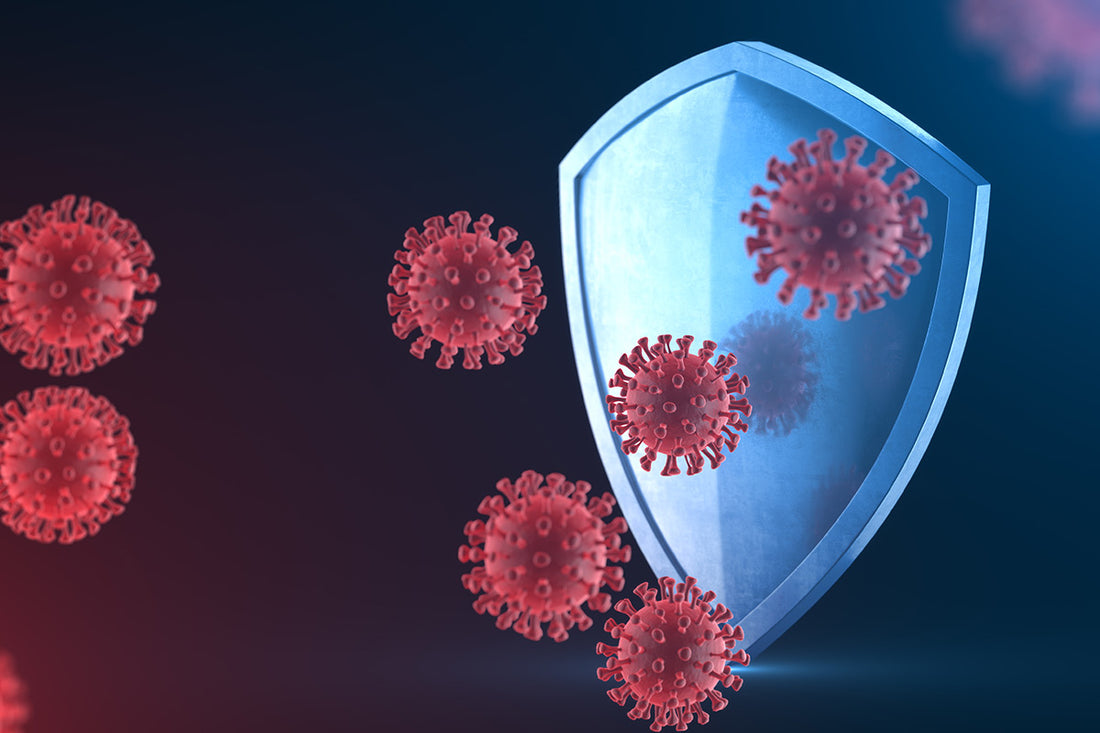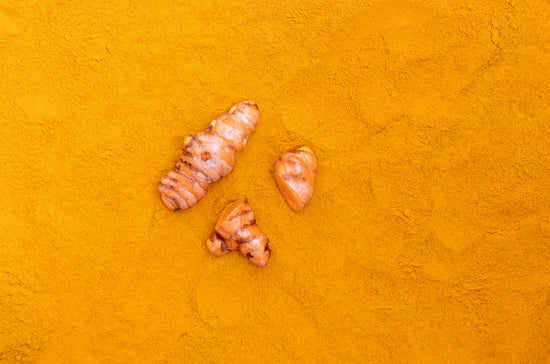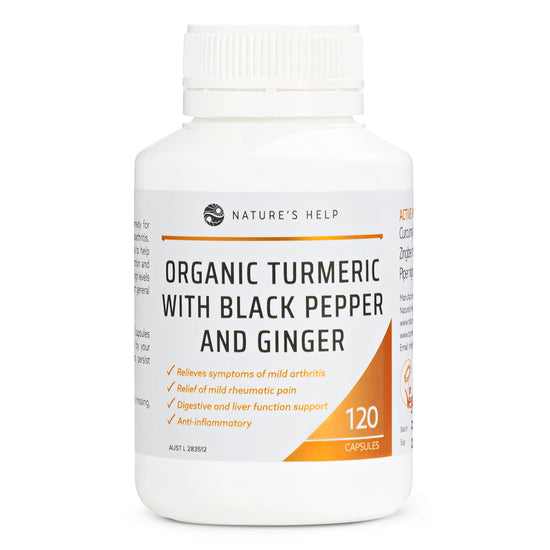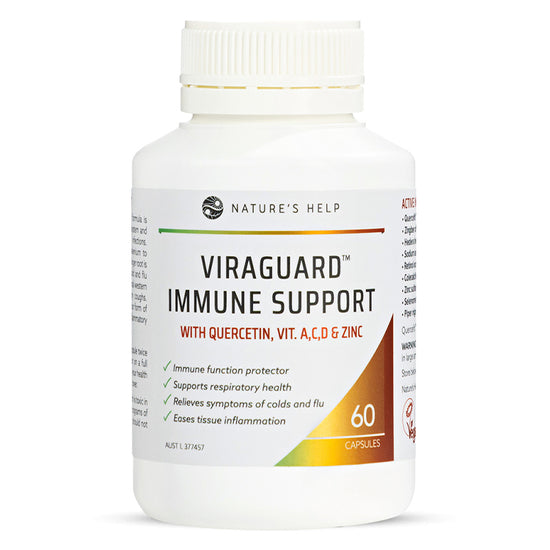We all know that the immune system works to protect us from getting sick, but only a few of us can exactly describe how it works the same way we can describe how our skeletal, digestive and other systems work. We have vague notions of this vast network of organs, tissues, and cells that work in synergy.
This is the time of our lives that we are counting on our immune system. With the spread of the coronavirus disease, having a strong immune system is very helpful in combating the virus. Lives have been taken due to the complications that come with the infection of the virus, so having a strong immune system is very important to fight the virus.
In this article, we are aiming to help you understand what the immune system is, how it works, autoimmune diseases, and ways to boost the immune system.
What is the Immune System?
According to Stanford Children’s Health, the immune system is a complex network of organs, tissues, and cells that work together to defend against infectious organisms and other invaders. It identifies a wide variety of agents called pathogens, like viruses, bacteria, and parasites. When the immune system is healthy, it is able to distinguish these pathogens from the body’s own healthy tissues. The reaction of the immune system that attacks these invaders is called the immune response.
The immune system is composed of the following parts:
- White Blood Cells: These cells are the ones that attack the virus, bacteria, and allergens.
- Tonsils and Thymus: produce the antibodies that attack the pathogens
- Lymphatic System: It is a system that carries fluid and material into the bloodstream. It is composed of lymph nodes and vessels. It also filters the fluid by trapping the invaders. Lymphocytes, the special white blood cells, are released to fight these invaders.
- Bone Marrow: It is the soft tissue that can be found inside the long bones in the vertebrae, arms and legs, and the pelvic bones. It produces red and white blood cells, platelets and yellow marrow. The yellow marrow produces white blood cells needed for immunity.
- Spleen: The spleen is the largest lymphatic organ. It filters the blood by excreting damaged cells or platelets. It also assists the lymph nodes in fighting the invaders.
Understanding the types of white blood cells and their roles is also important to understand how the immune system works.
-
Phagocytes are the white blood cells that chew up invaders.
- Neutrophil is a type of phagocyte that attacks bacteria
-
Lymphocytes are white blood cells that help the body remember the invaders and destroy them.
- B Lymphocytes are matured cells in the bone marrow that find the invaders and send their defenses to destroy them
- T Lymphocytes are matured cells in the thymus gland that destroy the invaders that the B lymphocytes found
How Does the Immune System Work?
There are many ways in which our immune systems protect us from potentially harmful invaders, like how the skin acts as a barrier to block foreign objects to enter our bodies, and how stomach acid sterilizes our gut.
Another is how our white blood cells work to combat invaders. Generally, the immune system works to identify antigens (proteins on pathogens) and get rid of them. But how does this happen? Kidshealth.org explains the phenomenon. The B Lymphocytes are triggered to produce antibodies. These antibodies, which are actually specialized proteins, cling to specific antigens. The next time the immune system encounters the antigen again, the antibodies are there to tell the whole system that there is an invader. This is why when someone acquires a certain disease usually won’t get sick because of it again.
This is where the T Lymphocytes come in. Now that the antigens are identified, it’s time for the T Lymphocytes to destroy the antigens. The T Lymphocytes will also signal other cells (like phagocytes) to start functioning.
Vaccines or immunizations are developed to complement the function of the immune system. The vaccine introduces an antigen to the body without getting the body sick. This triggers the production of antibodies that will protect the body from getting infected by the invader again.
Innate vs. Adaptive Immunity
Innate Immunity is your immunity system that you’re born with. Generally, they function as barriers to block invaders from entering the body. It is non-specific (meaning it does not protect against any specific invader). Innate immunity includes our skin, our tears, mucus, cough reflex, and stomach acid.
On the other hand, Adaptive Immunity is the immunity we develop through our lives. According to Live Science, it is specific and is more complex than innate immunity. It happens when our immune system produces the antibodies that identify and “remember” the threat, so the next time the threat tries to invade our bodies again, the immune system knows how to fight it.
Autoimmune Diseases
Healthline describes Autoimmune Diseases as “a condition in which your immune system mistakenly attacks your body.” In its normal state, the immune system knows how to distinguish foreign invaders from your healthy cells. When a person has autoimmune disease, the immune system mistakes part of your body as an invader. It triggers the immune system to produce autoantibodies that fight healthy cells. Experts still cannot explain why this happens, but they can only suggest that genes and the environment are its main factors.
How to Boost the Immune System
Harmful germs and toxins can be scary, and the complications that come with it can sometimes be fatal. But as the saying goes, prevention is better than cure. Having a strong immune system is a big step in preventing acquiring infections. AARP enumerates five ways:
- Stay Active
Maintaining an active lifestyle is one step to boosting your immune system. Dr. Mark Moyad of the University of Michigan explains that working out causes antibodies and white blood cells to circulate faster, thus enabling them to detect and fight invaders faster. Staying active also lowers stress hormones that contribute to a person to get sick.
- Manage Stress
It turns out that mental health and immunity are closely linked. Dr. Moyad explains that stress hormones can suppress the immune system. AARP gives examples of publications that link stress and susceptibility to acquiring viruses and bacteria. This is why it is recommended to practice mindfulness and meditation, as well as exercise, to manage to stress and ultimately lessen the chances of getting sick.
- Get Enough Sleep
The same way as having good mental health, having enough sleep prevents the body from producing stress hormones like cortisol. According to a 2019 study, people who had straight eight hours of sleep had higher levels of T lymphocytes. Dr. Moyad compares the immune system to a computer: it needs to be rebooted so it does not overheat.
- Maintain a Healthy Diet
It is no surprise that maintaining a healthy diet boosts one’s immune system. However, Dr. Yufang Lin of Cleveland Clinic suggests Mediterranean style of eating, which means fruits, vegetables, whole grains, and healthy fat. Dr. Lin emphasizes that antioxidants found in these foods are essential in reducing inflammation and fighting infection. Healthline also enumerates several foods that boost the immune system. Some of which are:
- Citrus fruits
- Red bell peppers
- Broccoli
- Garlic
- Ginger
- Spinach
- Yoghurt
- Almonds
- Turmeric
- Choose the Right Supplements
Although there is no one supplement to automatically prevent your body from getting infection, there are certain vitamins that you need to maintain a healthy immune system. One is moderate doses of Vitamin D. Another suggestion by AARP also describes organic supplements with herbs such as Turmeric helps fight infections. Turmeric has anti-viral, anti-bacterial, and antifungal activities that fight several illnesses. You can read about Turmeric’s anti-infective properties here.
All-in-all, we count on our immune system against infection, especially today. The coronavirus disease poses a great threat to our society that it has claimed many lives globally. Hundreds of thousands have already been infected. We highly encourage that you look out on your immune system to lessen the chances of getting infected, while staying at home.










